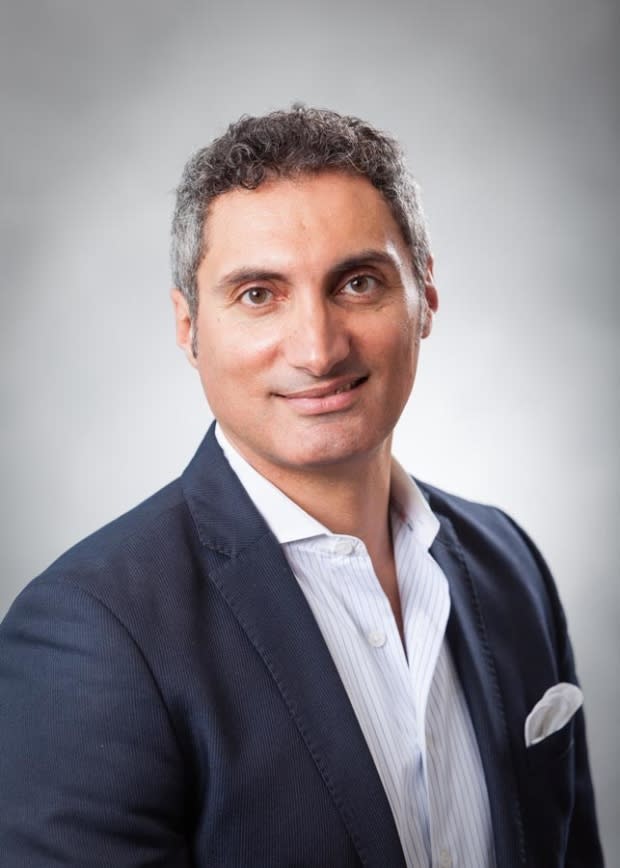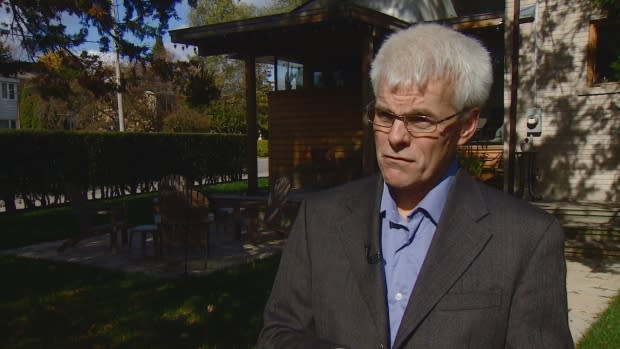Markham community will use geothermal in all its homes, but some critics aren't hot on it
A neighbourhood being planned in Markham will be the first in Canada to connect all its houses to a geothermal energy system -- which will harness the heat from deep within the earth to not only to warm, but cool the homes.
Construction on the new community of Berczy Glen, planned in the area of Elgin Mills and Warden avenues, won't begin until 2020 at the earliest, but the partners behind the ambitious plans were announced this week.

The city of Markham, Mattamy Homes and Enwave Energy Corporation plan to build the 300-home community, which will use what's known as a district geothermal system, the largest of its type currently proposed in Canada.
"I'm very excited about it. I think everybody should be excited about it," said Subhi Alsayed, the vice president of, sustainable development for Mattamy Homes.
Geothermal technology has been around for decades, he said.
It essentially uses the heat of the earth deep beneath the surface to regulate temperature, and is considered one way for homes to work toward a "net zero" energy footprint — meaning they produce at least as much energy as they consume.

Geothermal works on the same principles as a refrigerator or air conditioner. In the winter, liquid refrigerant flowing through tubes is pumped deep underground where it absorbs the heat from the earth and brings it back up to heat the home.
In the summer, the reverse happens; the liquid in the tubes absorbs heat from the home where it's pumped down in the earth. The cooler liquid that returns helps to cool the home.
That makes the home more energy efficient, because in Canada most energy consumption is related to heating and cooling homes.
But Tom Adams, an independent energy analyst, researcher and former executive director of Energy Probe, is skeptical.

"This is one of those things that I wish would really work," he said. "But I think we need to be kind of chastened by history."
Adams says in places where there is more geothermal activity, such as Iceland or parts of California, it completely makes sense.
However, experiments with the technology in Canada have been less successful.
"There's been a tremendous amount of research that's been done on these things because the theoretical potential is there," Adams said.
"But when the practicalities come to bear, it turns out that it's a lot harder than many of the advocates had hoped."

But Alsayed said the plan doesn't really hinge on one single technology.
"I mean, geothermal is a cool technology. But, in my opinion, the innovation here that we're bringing to the industry is not just in the geothermal system, it's in the business model that we're introducing to the market," he said.
Alsayed said partnering with Enwave Energy, a company with experience in district and community energy systems to install and operate the geothermal system and supply heating cooling and domestic hot water to all the homes, is a groundbreaking concept.
"We think this business model is going to enable whatever technologies are going to come down the road, because honestly today we think you know that geothermal is cool, but there's other technologies that we don't even know of," he said.
Alsayed said other communities should be watching the project, since provincial and federal governments are considering net-zero construction standards by 2030.
